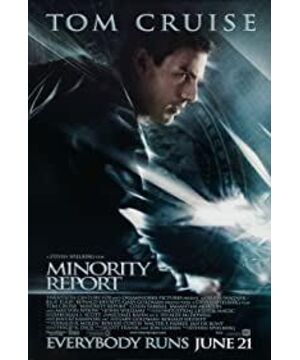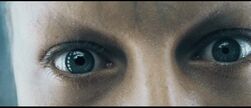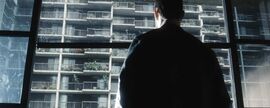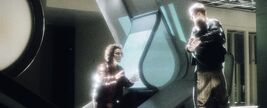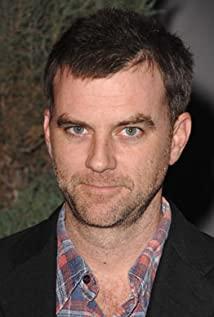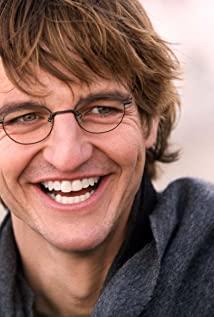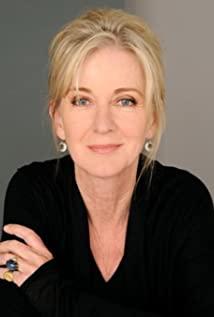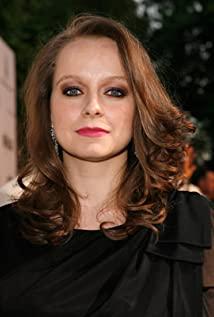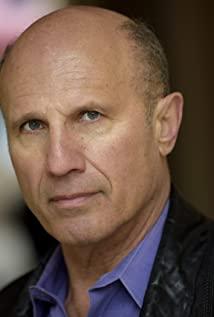The opening setting is very routine. In a hypothetical future with advanced technology, weapons and traffic communications have become more advanced and have a legal crime prevention system. The Crime Prevention Division can prevent crimes based on predictions about the future, and arrest the so-called "attempted crimes".
The future and prediction are always a dialectical topic. Can the prediction of the future affect future results? Can knowing the future change the future? If it can be changed, what is the so-called forecast? The film is dedicated to a non-linear thinking about time that goes against the traditional, giving viewers a feeling of powerlessness for time thinking.
In fact, the so-called crime prevention system set by the film has huge doubts. Although the male protagonist’s crime prevention department is convinced of this, its existence challenges the existing notion that criminal arrests must be based on evidence. Premeditated crimes will always leave clues as evidence before committing a crime, and everyone can accept a conviction; but before impulsive crimes, there will be no actual evidence to prove that he wants to commit a crime. If it is eventually prevented, it can be judged only by prediction. Is this person guilty? And the setting of the background of the film, precisely because of the emergence of the prediction system, there are almost zero premeditated crimes, and almost all impulse crimes handled by the male agency. They went to arrest people confidently, but I had doubts and always felt something was wrong.
Sure enough, the latter problem appeared, and the prophet predicted a future that the male protagonist could not believe: he would murder someone he didn't know. If this happened to someone else, I'm afraid the male lead would go to arrest people with confidence, but when it happened to himself, he obviously couldn't accept it. So he began to think of every means to evade hunting while investigating the truth.
The story develops until he walks into the hotel where he is predicted to murder. I still think it will be an endless loop story: the protagonist tries to do something to avoid the future because he knows what will happen in the future. But what was done led to the future happening. When the male protagonist hijacked the "prophet" to escape the arrest of the system, the creator of the system said a thought-provoking sentence: "No one can stop him, because he is already part of the future." However, in the present, who is not. Part of the past and the future? Faced with the most complex time dimension in the world, who can be sure that his thinking will always be clear?
And when he finally didn't pull the trigger, the other party was taken aback, desperately saying why you didn't kill me, the story became more and more interesting.
Although I guess the big villain is the old man whom the male protagonist trusts very much before, the criminal method is really something I didn't think of: using system loopholes and own permissions to confuse and cover up their crimes to achieve their own goals. . I originally thought that the "Prophet"'s constant flashbacks of murders would be involved in the male protagonist's child case, but it turned out to be a useful point for the old man to frame the male protagonist. There is still no answer as to who killed the boy's child, but it doesn't matter anymore.
In fact, it is still an ordinary crime film, and the reasons for the crime are also very conventional and reasonable, but with the setting of an advanced crime prevention system, the crime method is a bit weird. Regrettably, the old man's motives for framing the male protagonist and for unspoken secrets many years ago seem to be slightly far-fetched.
The male protagonist also kept hanging up. Both the ex-wife and the prophet unconditionally believed and assisted the male lead. Is it because Brother Atang is so handsome?-_-|| The ex-wife is very angry and natural, and the reunion of the two is also natural. The "Prophet" actor worked so hard. Before, he had been bald and had been in a state of extremely weakened body. In the end, he was protected and lived a normal life. She was a pretty cute girl~
The wonderful collaboration between Spielberg and Liangtang. The film is not bad, deep and creative, and the story is very complete. Value four stars.
View more about Minority Report reviews


